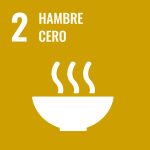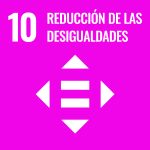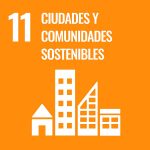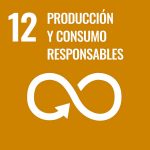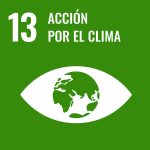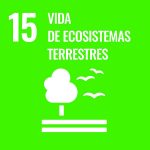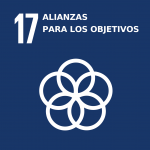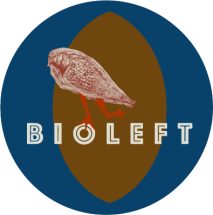
Bioleft is a community committed to building a fairer and more sustainable seed system for the production, exchange, and participatory breeding of key food crops. Since 2016, we have been working on the development of a digital platform, a set of open licenses for material transfer, and participatory plant breeding programs to build an open-source seed network in Argentina. We believe in the power of collective intelligence and open knowledge to create a seed system that recognizes the role of farmers in the conservation and improvement of seeds, promoting the availability of biodiverse and resilient crop varieties.
This vision was co-designed through an exercise in collective ideation.
Seeds are the central input of agriculture, the basis of food. Each one saves the information to create others; for millennia, farmers have improved them by crossbreeding and selection. But the ability to patent genetic sequences -and, in some countries, entire seed varieties- restricted this free flow of knowledge.
Today just six companies control more than 60% of the world's seed production. This concentration threatens biodiversity and undermines food and technological sovereignty. In Argentina and other countries in the region, patents, for now, are only used in some crops with genetic modification; but this can change. That is why an alternative is necessary that protects the genetic material of the seeds from future restrictions and guarantees their continuous circulation: open seeds.
To do so we designed three tools:
Legal: licenses to transfer seeds that remain open for research, development, and the registration of new varieties. They include a viral clause: any improvements derived from Bioleft material will also be Bioleft — meaning they will remain open.
Technological: a web platform to register and map the seed varieties being exchanged, the exchanges themselves, and ongoing improvements. It supports collaborative breeding projects and fosters the creation of a living seed bank and a network of experimental fields — potentially much broader than any other.
Methodological: Bioleft is co-designed through participatory and horizontal processes and methodologies, enriched by a great diversity of participants.
We seek to promote exchange and democratize access to knowledge, help make more and better varieties of seeds available, support more sustainable types of agriculture, and promote food and technological sovereignty.
More information (papers on open seeds, blog articles, and videos) at Resources.
